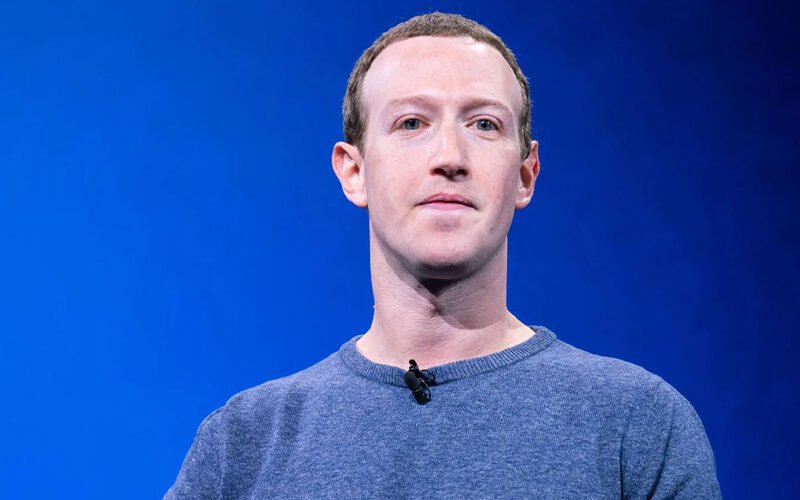In a landmark antitrust trial that commenced on April 14, 2025, Meta CEO Mark Zuckerberg faces the possibility of being compelled to divest Instagram and WhatsApp.
The U.S. Federal Trade Commission (FTC) alleges that Meta’s acquisitions of these platforms were strategic moves to eliminate competition, thereby establishing a monopoly in the social media landscape.
The FTC’s Case: Accusations of Monopolistic Practices
The FTC contends that Meta’s 2012 acquisition of Instagram and 2014 purchase of WhatsApp were not merely business expansions but calculated efforts to suppress emerging competitors. Central to the FTC’s argument is a 2008 email from Zuckerberg stating, “It is better to buy than to compete,” which the agency interprets as indicative of Meta’s intent to neutralize potential threats.

FTC vs. Meta: A Battle Over Market Power
The Federal Trade Commission’s lawsuit—originally filed during the Trump administration and revived under President Biden—aims to demonstrate that Meta’s acquisitions of Instagram and WhatsApp have stifled innovation and harmed consumers by weakening competition in the personal social networking space.
Meta’s Response: Highlighting Consumer Gains
Meta defends its actions by pointing to the substantial improvements made to both platforms since their acquisitions. Instagram, once a small startup with just 13 employees, has grown into a major platform for user engagement and advertising revenue, thanks to Meta’s investments. Similarly, WhatsApp experienced explosive growth after Meta eliminated subscription fees and added features like end-to-end encryption.
The company also disputes the FTC’s definition of the market, arguing that the broader social media ecosystem includes powerful competitors such as TikTok, YouTube, and Snapchat. Meta insists that this vibrant competition contradicts the notion that it holds monopoly power.
What’s at Stake: A Possible Breakup
If the court rules in favor of the FTC, Meta could be forced to spin off Instagram and WhatsApp a move that would dramatically reshape the company’s operations. With Instagram contributing heavily to Meta’s U.S. ad revenue, such a breakup would deliver a significant financial and strategic blow.

A Landmark Trial with Industry-Wide Implications
Set to span several weeks, the trial will delve deep into Meta’s internal communications, executive testimonies, and expert market analyses to assess whether the company’s actions breached antitrust laws. A ruling against Meta could establish a powerful precedent, paving the way for stricter regulatory oversight of major tech firms and reshaping the competitive landscape of the digital economy.
As the case unfolds, both the tech industry and legal observers are watching closely. The verdict has the potential to not only alter Meta’s trajectory but also redefine how technology companies pursue mergers and acquisitions in the years to come.







